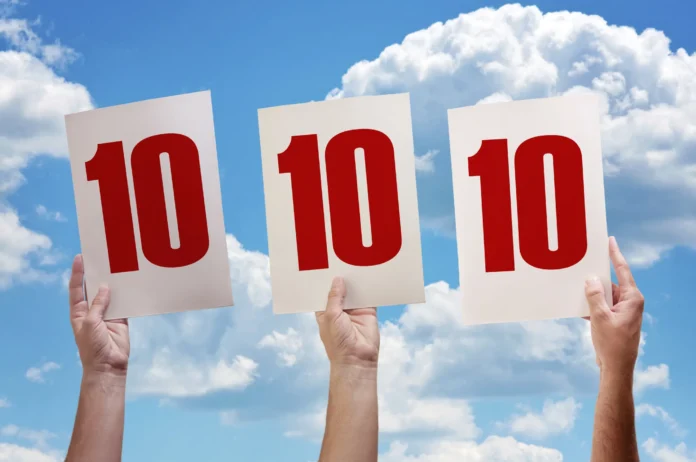If you are dating at any age and are looking for the “perfect” partner, think again.
That’s because the inverse of perfection is a complex concept with no definitive answer.
The interpretation of “perfection” varies across disciplines and cultures. However, the search for perfection is universal and has several common themes.
In Philosophy
In philosophy, the opposite of perfection may be considered imperfection, representing existence’s inherent flaws and limitations. Some would argue for incompleteness as the inverse, suggesting perfection is unattainable. Many philosophical perspectives explore the beauty and value of imperfection, emphasizing that pursuing perfection can be detrimental to growth and fulfillment.
In Psychology
Psychologically, the inverse of perfection might be viewed as self-acceptance and understanding of one’s limitations. Perfectionism, a pursuit of unattainable standards, is often associated with anxiety and depression, highlighting the potential harm of striving for flawlessness. Accepting imperfection allows for greater self-compassion and mental well-being.
In Art
In art, the counterpoint to perfection may be asymmetry or naturalism. In Japan, there is a concept called wabi-sabi, a Japanese philosophy that celebrates the beauty of imperfection and transience. This scene in artistic movements highlights imperfection, which can add depth, authenticity, and unique character to a piece of artwork. For example, asymmetry, while not a perfect mirror image, often adds beauty and depth to a piece of art.
No One Knows What “Perfection” Is
Ultimately, the inverse of perfection depends on its operational definition within a specific context. There is not a universally agreed-upon single concept that directly represents the opposite of perfection.
Perfection in Dating

The book, You Don’t Think I’m Beautiful, discusses how we don’t have the patience, self-restraint, or willpower to bracket our feelings, especially in a consumer society. Today, we are consumed with bad feelings about the nation’s politics, money, and family matters. If you are dating, there are even more things to consider.
With our two eyes, we have to train ourselves to see the two sides of ourselves and the two sides of every person and relationship.
None of this is easy.
It is a process of retraining our brains and self-restraint as we age, not to write off people we disagree with on the slightest matters.
As the sages say, you end up with nothing when you grasp everything. Be incremental in what you want to achieve. Make a friend who can turn into a partner. As we age, be realistic about our expectations. If you are an older man, look for the beauty under the makeup. The man you may meet will not be an Olympic athlete if you are an older woman.
This does not mean you should settle for something you do not want, but you should be realistic.
Realize that as an older person, you are closer to your destination than you think.
Realize that you should keep moving to your destination; as time passes, our ultimate destination is also moving towards us.
There is more on this in the book You Don’t Think I’m Beautiful, which is on Amazon.












There is no such thing as a perfect partner, for that matter perfect friend , child etc. I believe one has to become one’s own best friend to be an enriching partner in a relationship .Easier said than done since we tend to be our own worst critics. As hard as life lessons might be; broken relationships, loss of loved ones and facing being alone, your ability to survive from those life circumstances can foster a personal growth and self love that gives you the gift of understanding of the value you have to offer to another, and the limits you can’t withstand from another, leaving you with the self assurance of walking away
from situations that aren’t enriching your life and gift you the gift of love and intimacy . I’m going to be 73, and I’ve been alone for 15 years, and it’s ok. I love myself enough not to get into a relationship or excuse someone else’s behavior because I can’t be alone. I’m self assured enough that I am confident in being the ever present 5 th wheel at dinner with couples. My needs have traveled from finding a romantic relationship, to keeping my universe open to a guy who can be a wonderful friend, companion and who can put a smile on my face. And I would do the same for him. Intimacy is a natural outcome of those standards. And, if it never happens, I’ll grow my garden, love my friends, enjoy the sun and rest assured that if you can’t be with the one you love, love the one you’re with, myself.😉